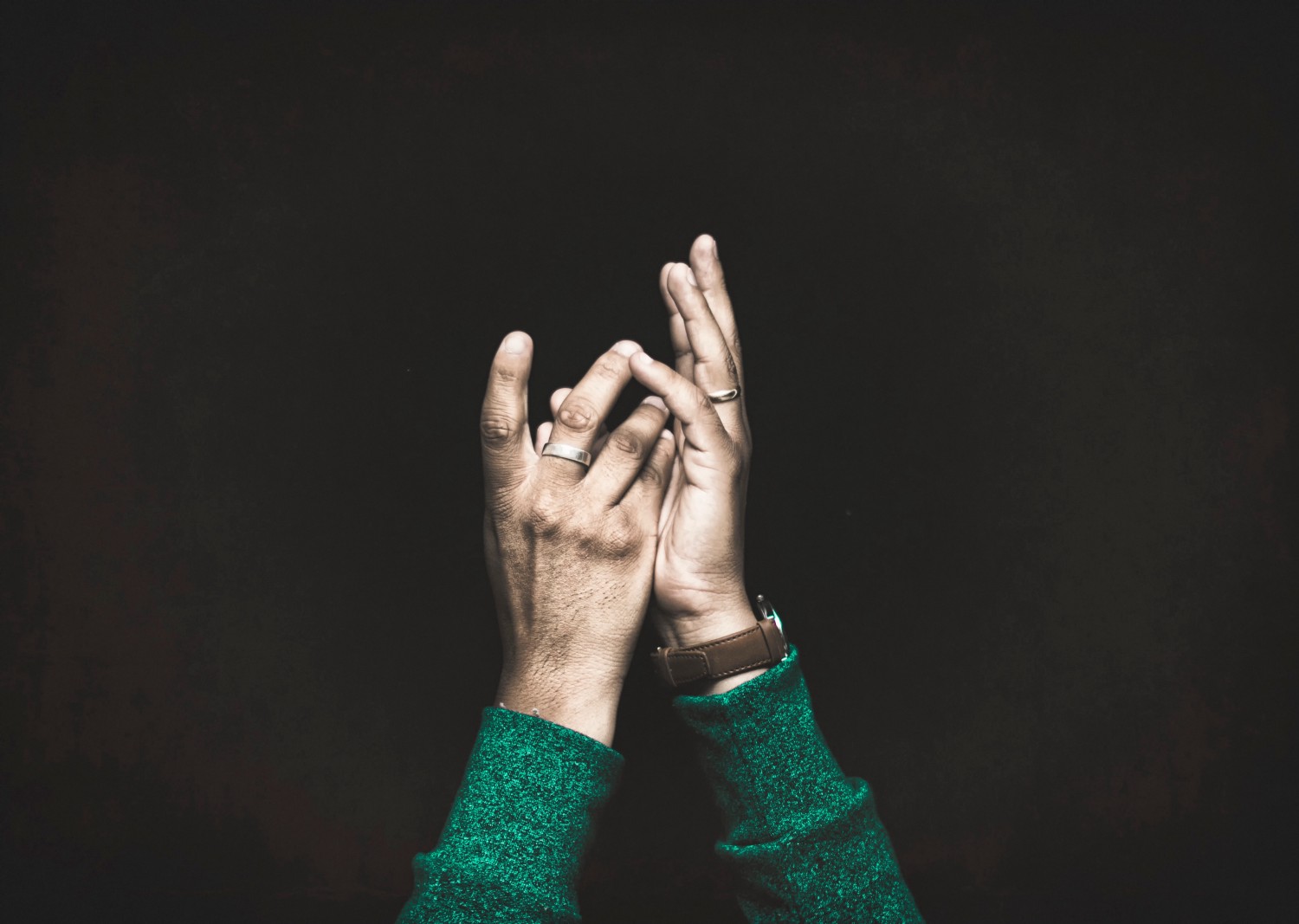I’m excited to begin pondering in this space about the mystery and art of living. How we spend our days, Annie Dillard writes, is how we spend our lives. I love that, and it’s one of those realities so basic we can almost forget its truth.
In this column I’ll share thoughts and writing from my days, and I’ll bring in companions from my work of listening and conversation — spiritual teachers and philosophers who encourage us to ask the big questions, and help us to plant and practice them in the everyday; physicians and scientists who are developing practical tools for seeing inside our brains so that we can change from the inside out; poets and social healers who model beauty and courage and speak to our need to be nourished inside, especially when we are at our most active and overstretched.
I challenge the cultural idea that wisdom is a quality reserved for a special few, and I invite you to do the same.
I think a great deal about a moral equation Einstein made that is as radical in its way as his mathematical equations, if far less famous. He watched chemists and physicists become creators of nuclear weapons of mass destruction in the first half of the last century. He said that science in his generation had become like a razor blade in the hands of a three year old. He began to see figures like Gandhi and Moses, Jesus and Buddha and St. Francis of Assisi, as “geniuses in the art of living.” He proposed that the kinds of qualities they modeled — of “spiritual genius” — were more necessary to the future of human dignity, security and joy than objective knowledge.
My work has shown me that spiritual geniuses of the everyday are everywhere. They are in the margins and do not have publicists. They are below the radar, which is broken. The discourse of our common life inclines towards despair. In my field of journalism, we summon our best critical capacities for investigating what is inadequate, corrupt, catastrophic, and failing. The “news” is defined as the extraordinary events of the day, but it is most often portrayed as the extraordinarily terrible events of the day. And in an immersive 24/7 news cycle, we internalize the deluge of bad news as the norm — the real truth of who we are and what we’re up against as a species.
But our world is abundant with beauty and courage and grace. I’m aware of a growing aspiration to attend, with all the tools we have at hand, to the human change that makes social change possible. We create transformative, resilient new realities by becoming transformed, resilient people. This is about the lover as well as the beloved, the citizen as well as the politician, the social entrepreneur as well as the person in need. It means me, and it means you.
Visit OnBeing.org, or listen to the On Being podcast wherever you get your podcasts, and hear my weekly conversations with scientists, philosophers, artists and others. My book Becoming Wise: An Inquiry into the Mystery and Art of Living is available now in paperback. And you might also enjoy — and join in — On Being’s Civil Conversations Project.

Originally published at journal.thriveglobal.com


